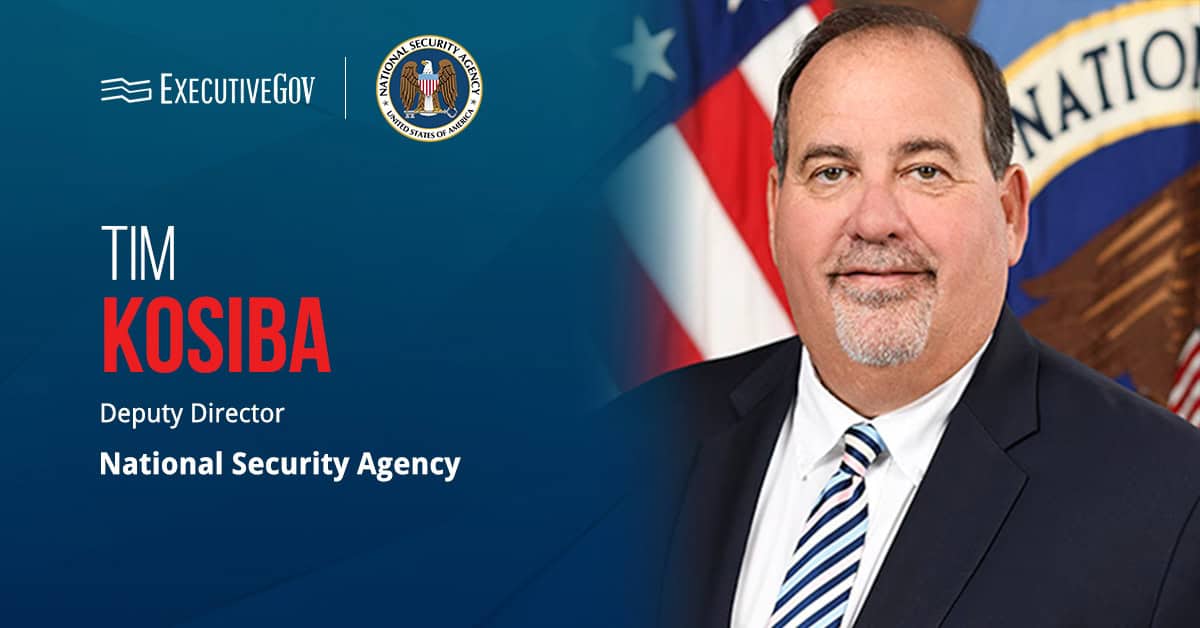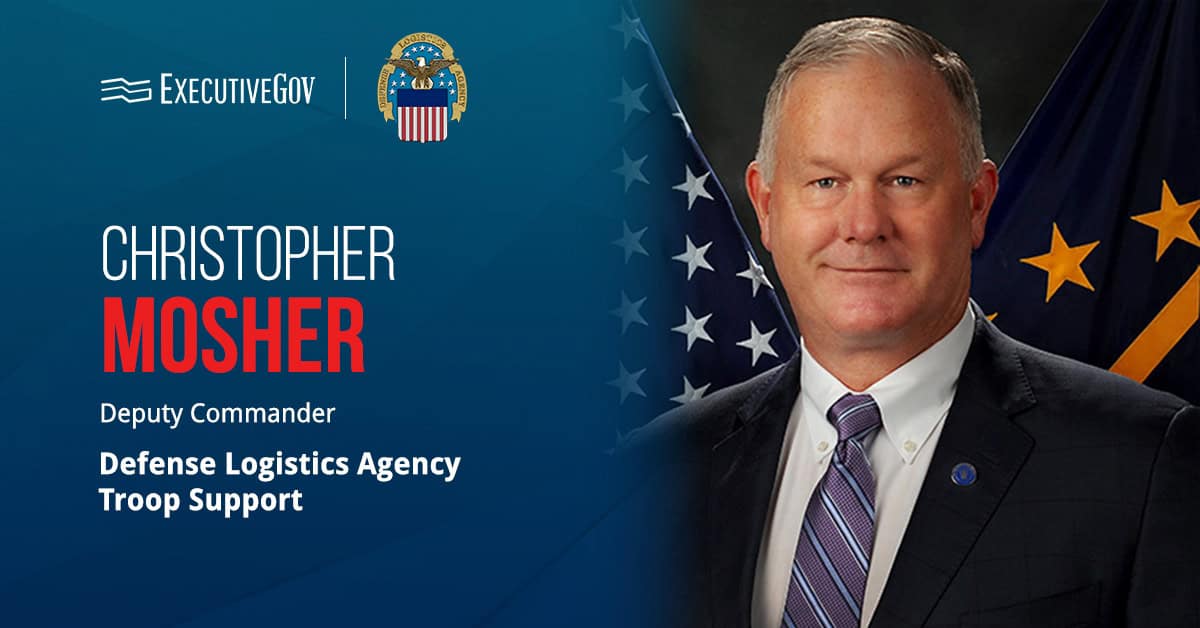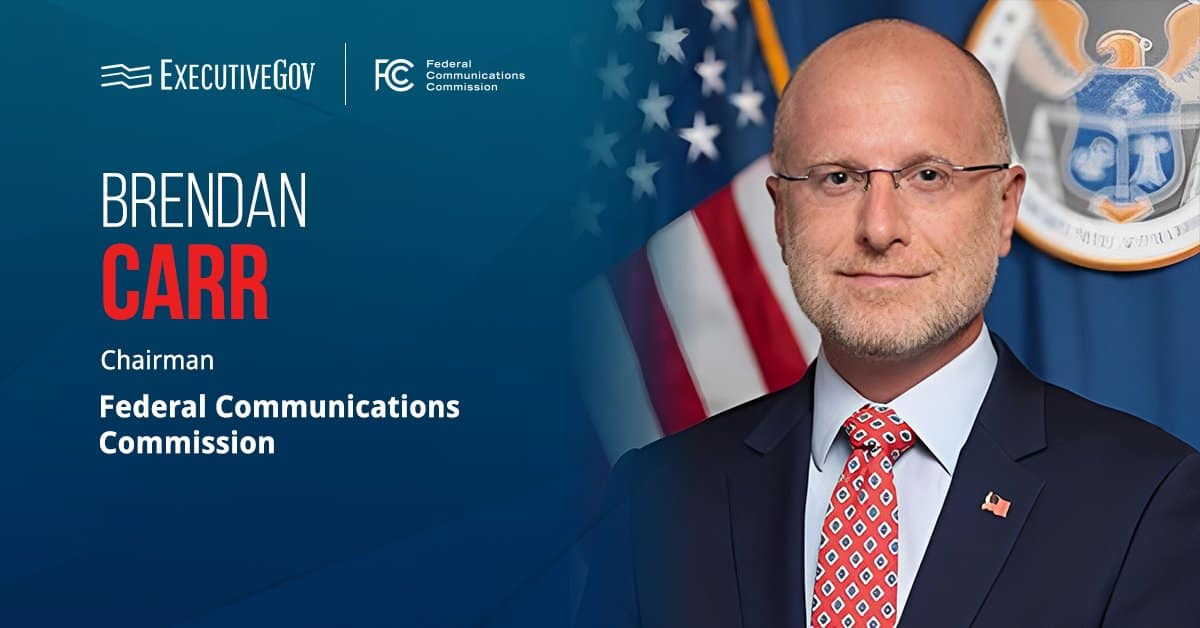
Richard Haley, chief financial officer at the FBI, has been appointed to serve as the executive assistant director of the agency’s information and technology branch. He’ll oversee activities across three divisions working to address the FBI’s IT requirements worldwide, the agency said Monday. The FBI’s information and technology branch employs 1,800Â personnel.
Haley joined the investigation agency in 2005 as deputy CFO, leading to his promotion to CFO in 2008. Most recently, he served as assistant director of the FBI’s finance and facilities division where he oversaw financial, facility and logistical efforts.Â
He also formerly served as the Department of Justice’s deputy budget director and the National Oceanic and Atmospheric Administration’s business management fund director.





